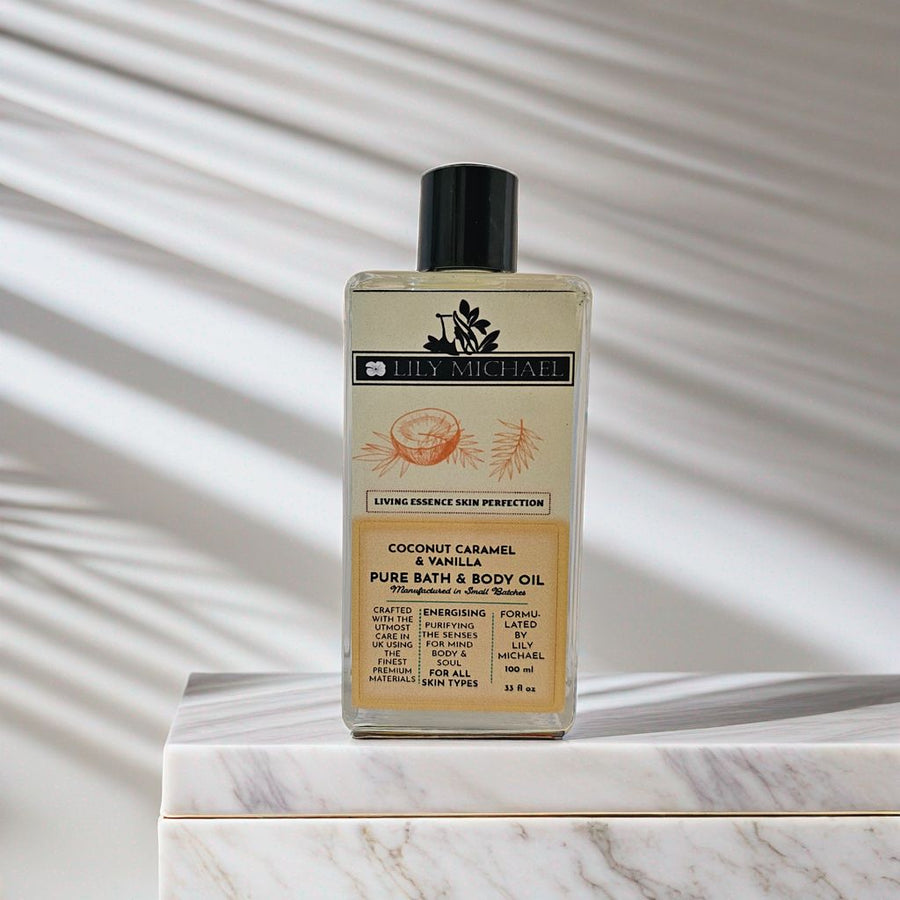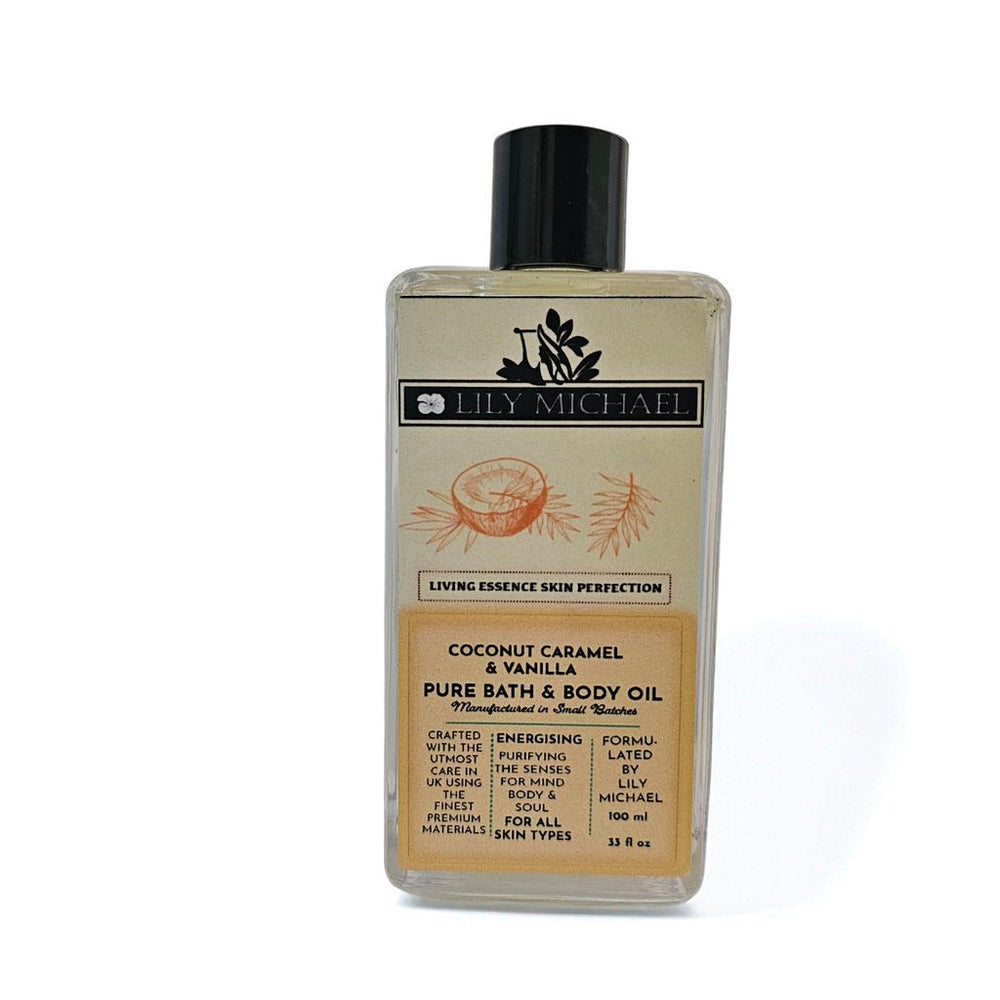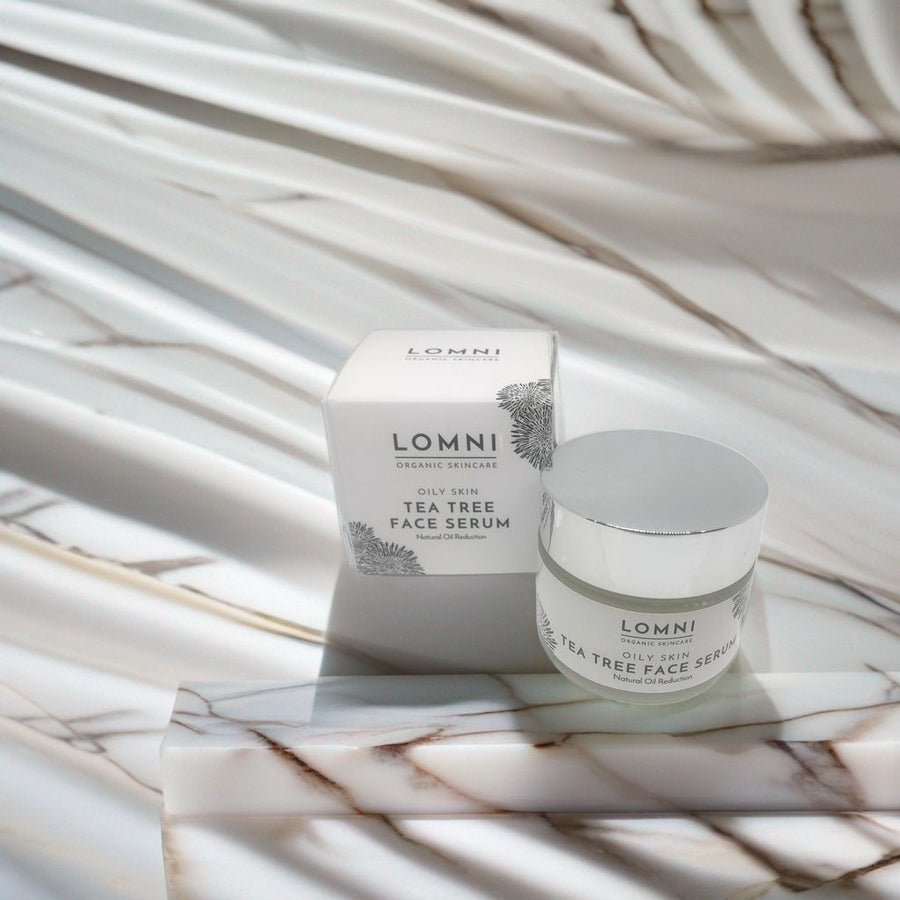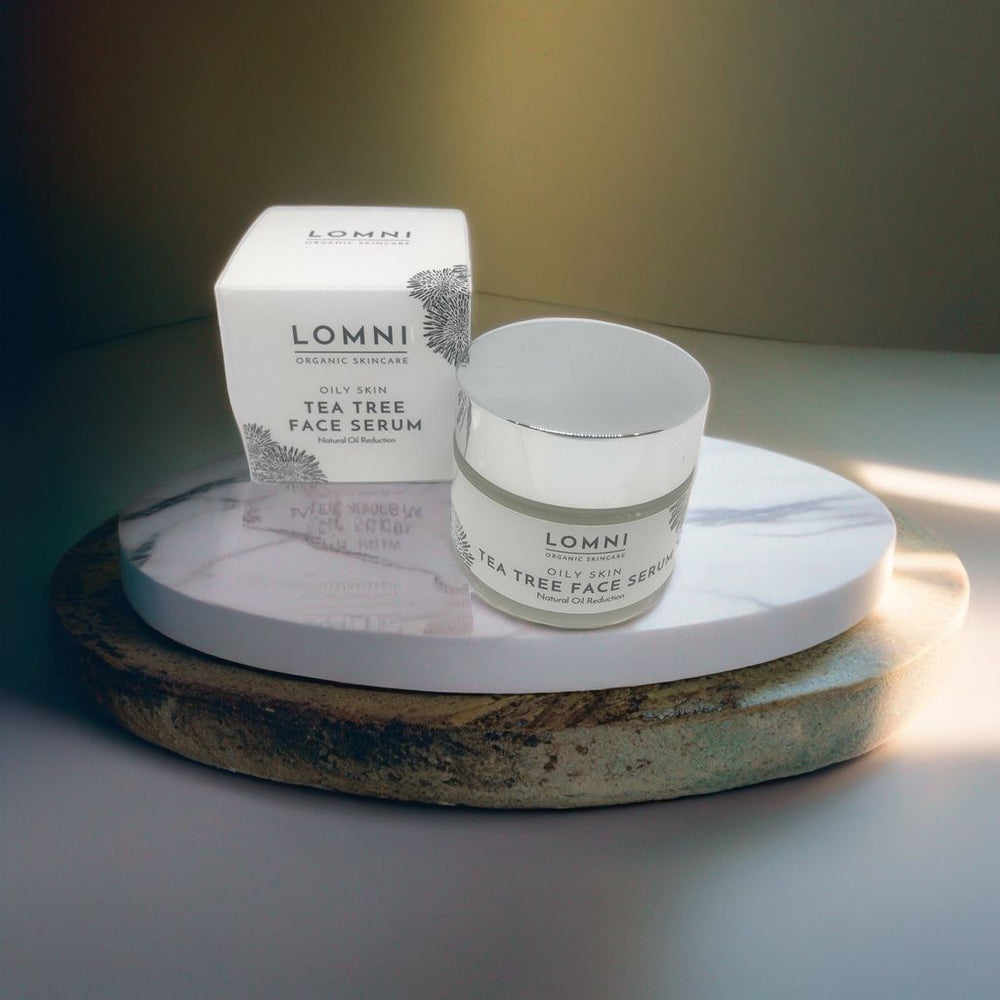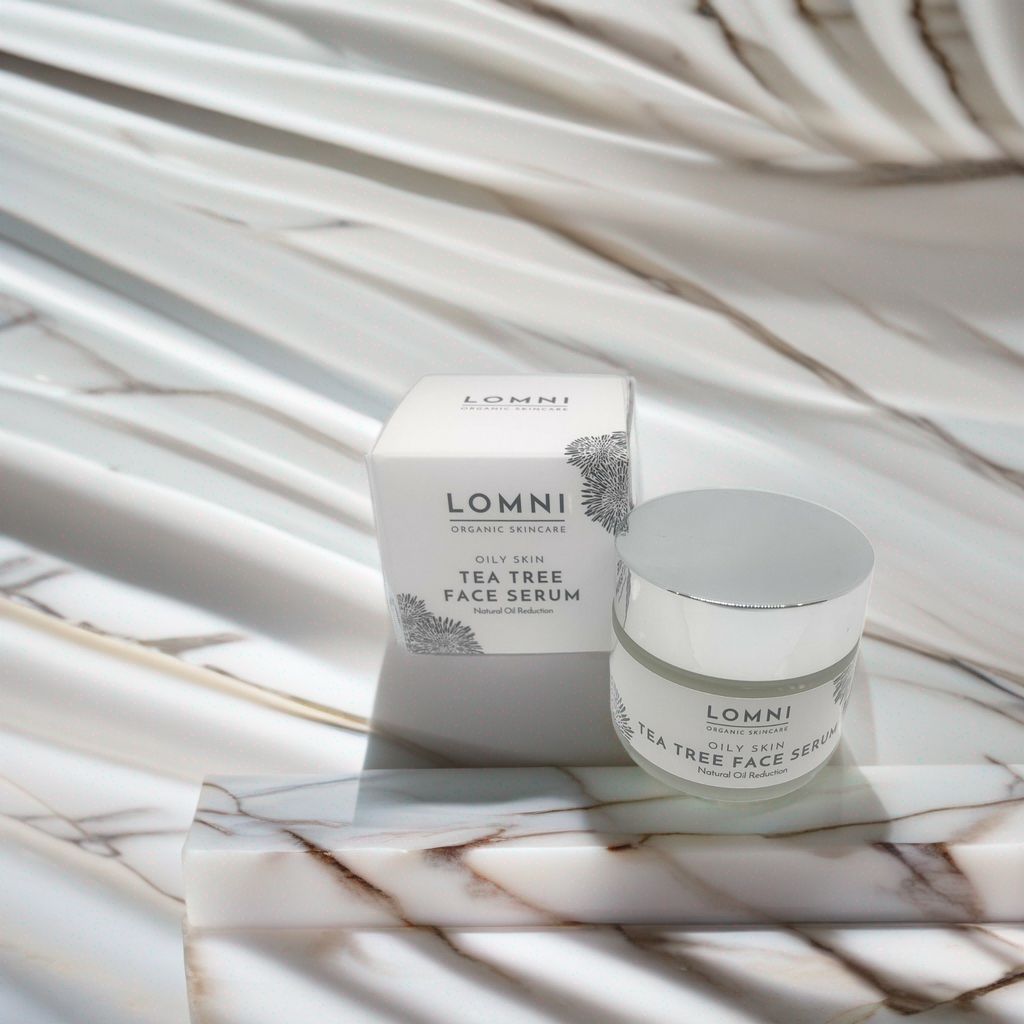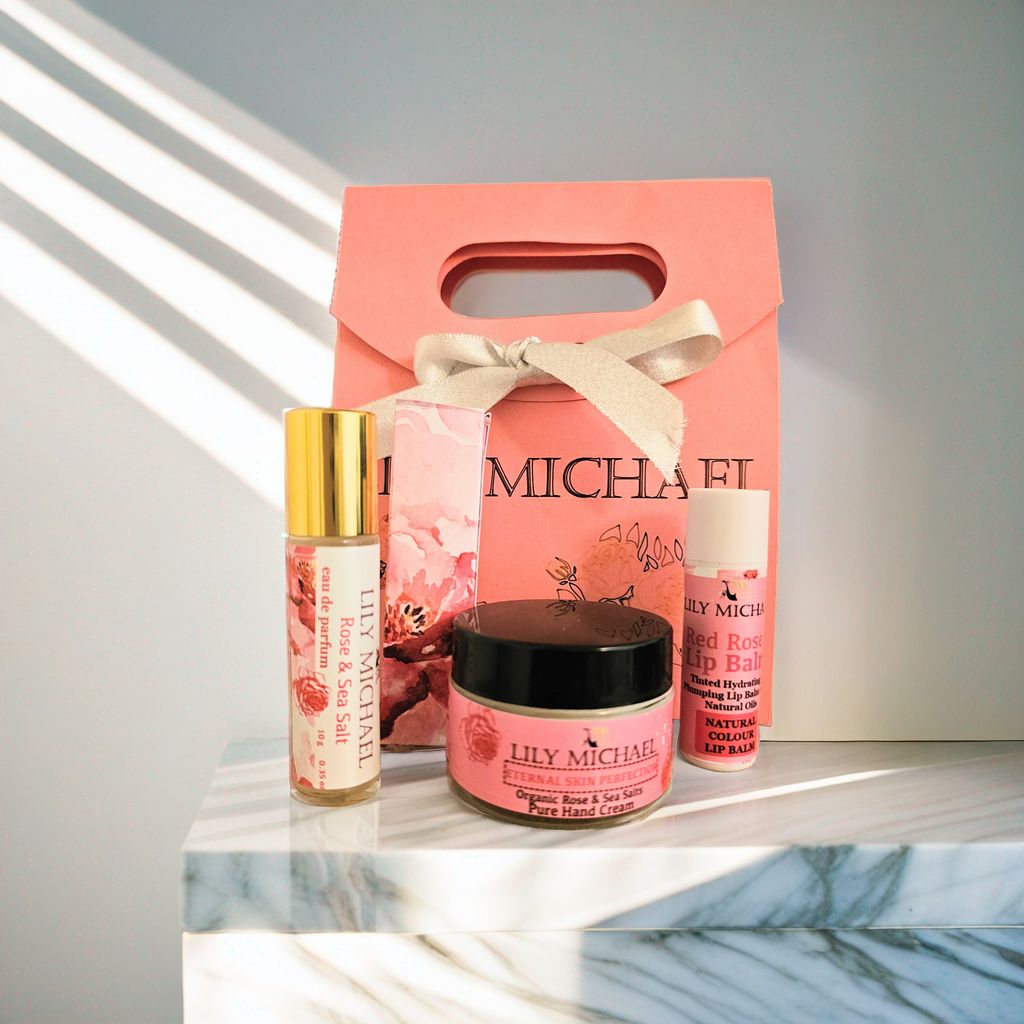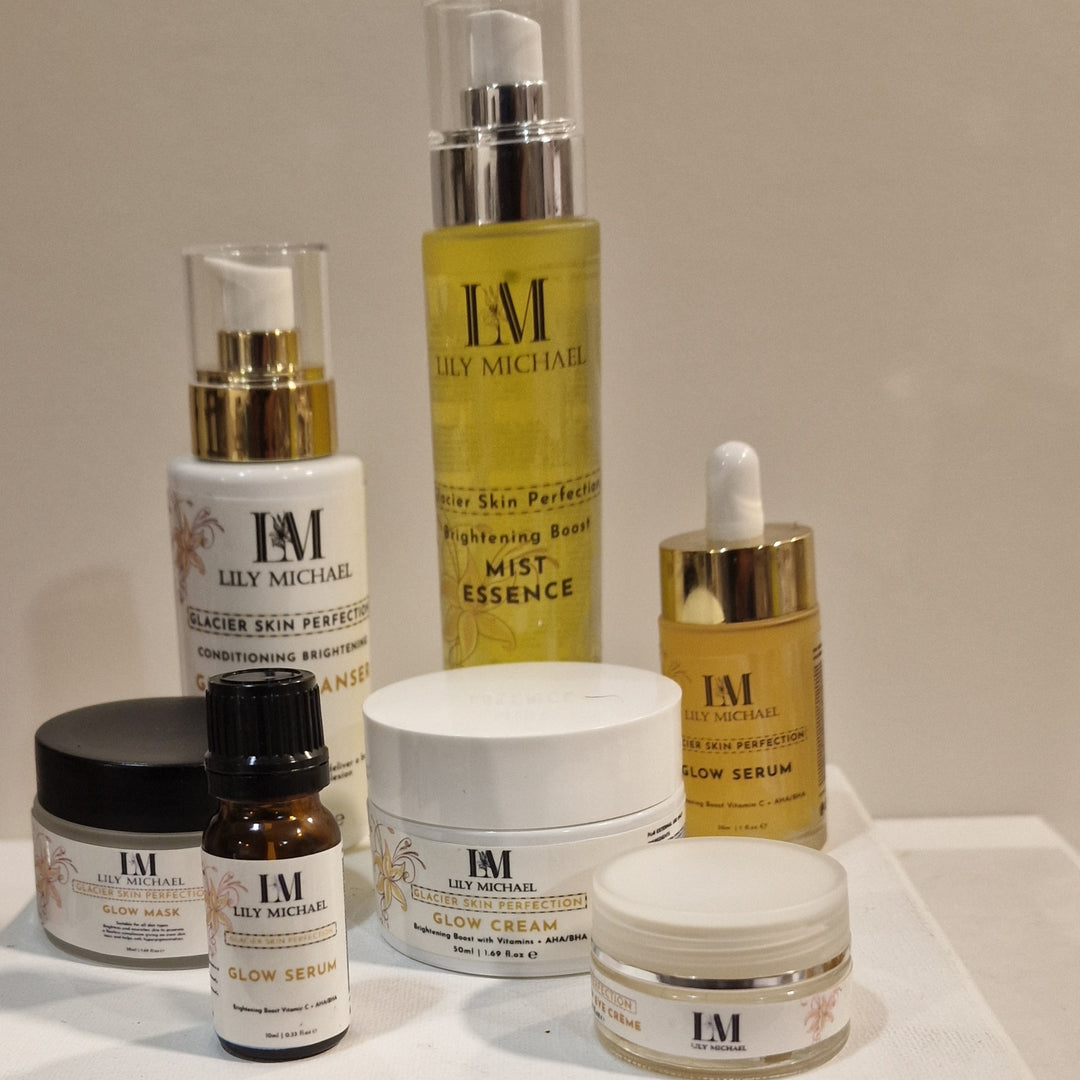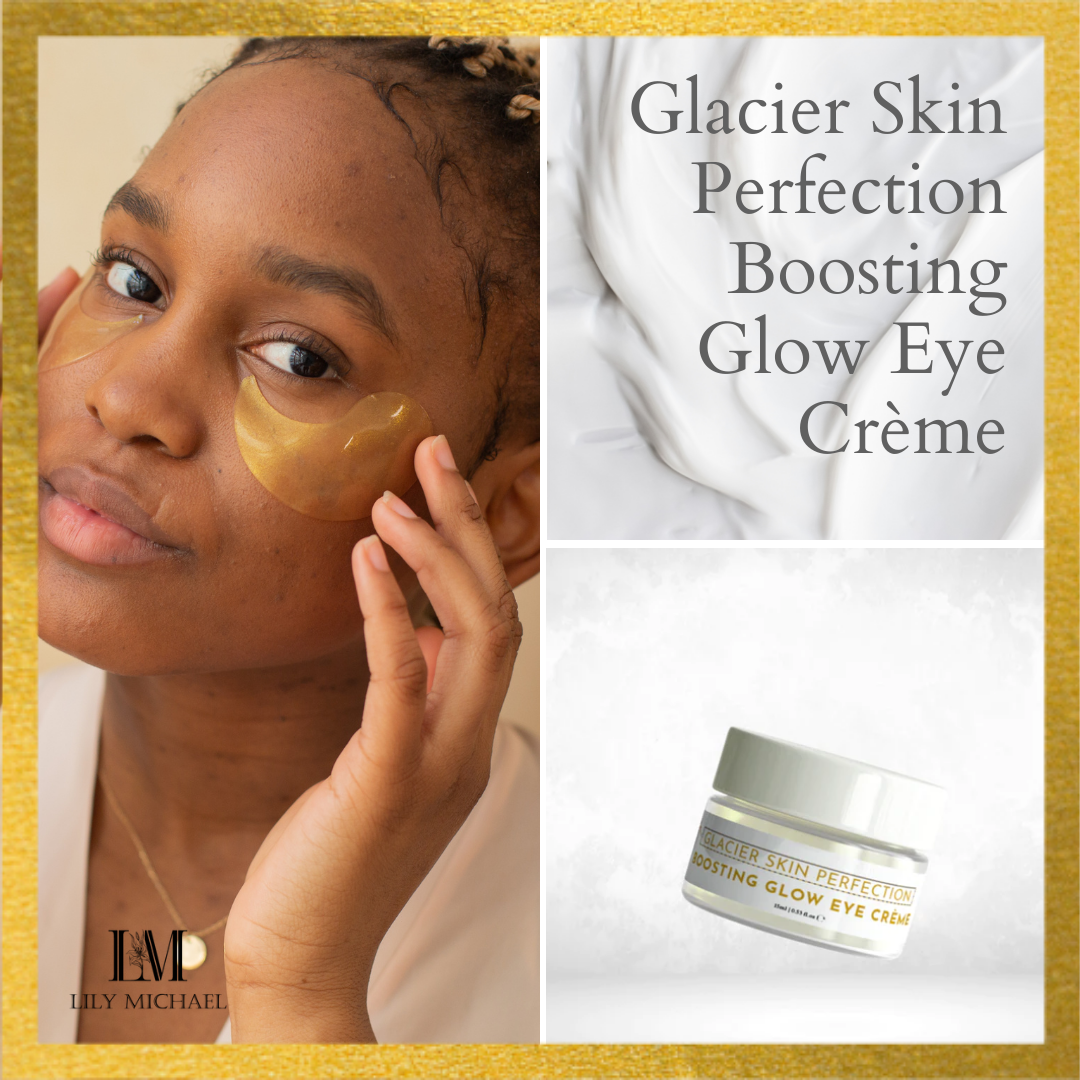7 Expert Hacks to Revive Dehydrated and Dull Skin
Dehydrated skin can quickly go from feeling parched and flaky to oily, sensitised and dull. While drinking plenty of water is essential for soft and supple skin, the key to rehydrating your complexion lies in finding the right skincare ingredients and products. Here are seven expert hacks to help restore your dehydrated skin's natural balance.
Use an Oil-based Cleanser
An oil-based cleanser can help to balance the production of sebum. It removes impurities, hydrate and nourish skin, while preventing moisture loss. An oil-based cleanser can also help to remove makeup gently and effectively, leaving your complexion feeling supple and soft. Look for non-comedogenic oils and ingredients like squalane or jojoba.
To get the most out of your oil based cleanser, it’s important to use a gentle cleansing technique. Start with damp hands and massage the product into your skin for about 30 seconds, paying particular attention to congested areas like your nose or forehead. Rinse off with lukewarm water and follow-up with a toner that is appropriate to your skin type. Finally, you can apply a moisturizer and sunscreen every morning to help protect your skin from further environmental damage. It’s also important to get plenty of hydration through drinking water throughout the day for optimal results.
Invest in Facial Serums & Oils
Facial serums and oils are an essential step in nourishing dull, dehydrated skin. These products offer a much higher concentration of active ingredients than your average cream or moisturizer as they penetrate the deeper layers of your skin, providing intense hydration and nourishment. Oils like rosehip, argan and jojoba can help to deeply moisturize and restore vital skin lipids, repairs damage and promotes a dewy complexion. There’s never been a better time to start incorporating facial serums into your daily skincare routine!
Facial serums are the perfect choice for targeting specific skin concerns. If you’re looking to repair visible signs of damage, opt for an antioxidant rich serum like vitamin C or squalene serum to brighten your complexion and fight fine lines. For dehydrated skin, look for a product containing hyaluronic acid which is able to hold up to 1000 times its weight in water! This can help lock in moisture and keep skin looking fresh and hydrated all day long. When paired with a moisturizer, facial serums provide an extra level of hydration your skin will thank you for!
Lock in Moisture With a Rich Cream
After applying your favorite serum or oil, the next step is to lock in moisture with a rich cream. These creams contain emollients and humectants, which help retain moisture and prevent water loss. Look for key ingredients like shea butter, squalane, and hyaluronic acid to replenish skin with all-important moisture.
Rich creams can also help heal the skin barrier. When our lipid level is low due to dehydration, free radicals can cause further damage, leading to inflammation and a weakened skin barrier. To address this issue, look for products containing ceramides, cholesterol and fatty acids - these will help create a protective seal thereby preventing moisture loss. Creams that contain natural oils are especially effective as they deliver all these key ingredients while also providing an extra layer of nourishment to the skin. So if you're looking to prevent dehydrated skin and achieve that coveted dewy glow all summer long, don't forget about locking in your moisture with a rich cream!
Exfoliate Regularly with Gentle Ingredients
Exfoliating is an important step for keeping skin healthy and hydrated. It helps to slough off old, dry skin cells that can contribute to dullness and make it harder for your moisturizers to work effectively. Look for gentle exfoliating ingredients, like jojoba beads or fruit enzymes, as these are less abrasive than harsher options like walnut shells. Additionally, avoid physical exfoliants like face scrubs and opt instead for chemical exfoliants with AHAs or BHAs.
When you exfoliate, be sure to use gentle pressure when using a scrub. You can also do a patch test first to make sure your skin won’t react negatively to the product. Lastly, limit exfoliation to once or twice a week. Over-exfoliating could strip away your natural oils and leave your skin feeling drier than before!
Reduce Stress & Get Plenty of Rest
Stress triggers a complex chain of events, including the release of hormones like cortisol. This has been linked to a variety of skin issues, from acne breakouts and irritation to skin dullness and dehydration. To protect your skin from the damaging effects of stress, make time in your day for mindfulness activities like yoga or deep breathing. You should also prioritize getting enough sleep; when you rest well, it helps reduce inflammation and replenish lost moisture in your skin.
In addition to stress and sleep, there are other ways to reduce dehydration. Start by keeping your skin hydrated with a moisturizer that targets dry skin. Look for healthy and nourishing ingredients like hyaluronic acid or ceramides, which help lock in moisture and protect your skin barrier. You can also use an oil-free facial mist throughout the day to rehydrate your skin, and don’t forget to drink plenty of water!




